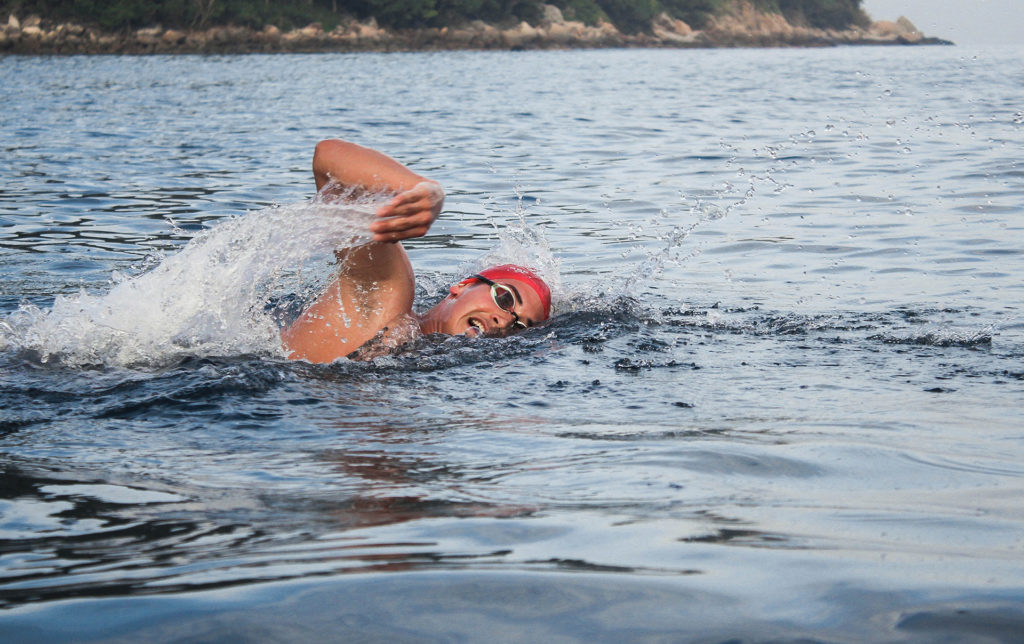Water Safety Ireland is asking people to stay away from the edges of waterways within their travel restricted boundaries over the Easter weekend. Survival time following accidental immersion is greatly reduced in cold water which is only at 9°Celsius at present and which drains body heat much faster than cold air.
Those who intend on open water swimming are asked to limit the duration of their swims and to follow the safety guidelines available at https://watersafety.ie/open-water-swimming/. Those who are not acclimatised to cold water swimming should wear a wetsuit.
- Stranding will also be a risk for many coastal walkers therefore a mobile phone should be carried to call 112 in an emergency and ask for the Coast Guard.
- Parents should provide constant uninterrupted child supervision.
- Alcohol should be avoided before or during any aquatic activity.
- Anglers should always wear a lifejacket and carry a mobile phone in a waterproof bag.

The dangers of cold-water immersion
When cold water contacts your skin, the cold shock response causes an immediate loss of breathing control, possible dizziness and panic. This dramatically increases the risk of sudden drowning even if the water is calm and you know how to swim.
For those who survive this but are unable to get out of the water, progressive body cooling leads to hypothermia and muscle cooling, making swimming more difficult or impossible. Children cool even faster than adults because they are smaller and have less fat.
What to do if you fall into cold water
Avoid swimming, stay calm and relax. Float or tread water and if possible, get as much of your body out of the water because you will always cool faster in water than in air. Wearing a lifejacket with a crotch strap will enable you to lessen heat escape by keeping your legs together and elbows by your side.











